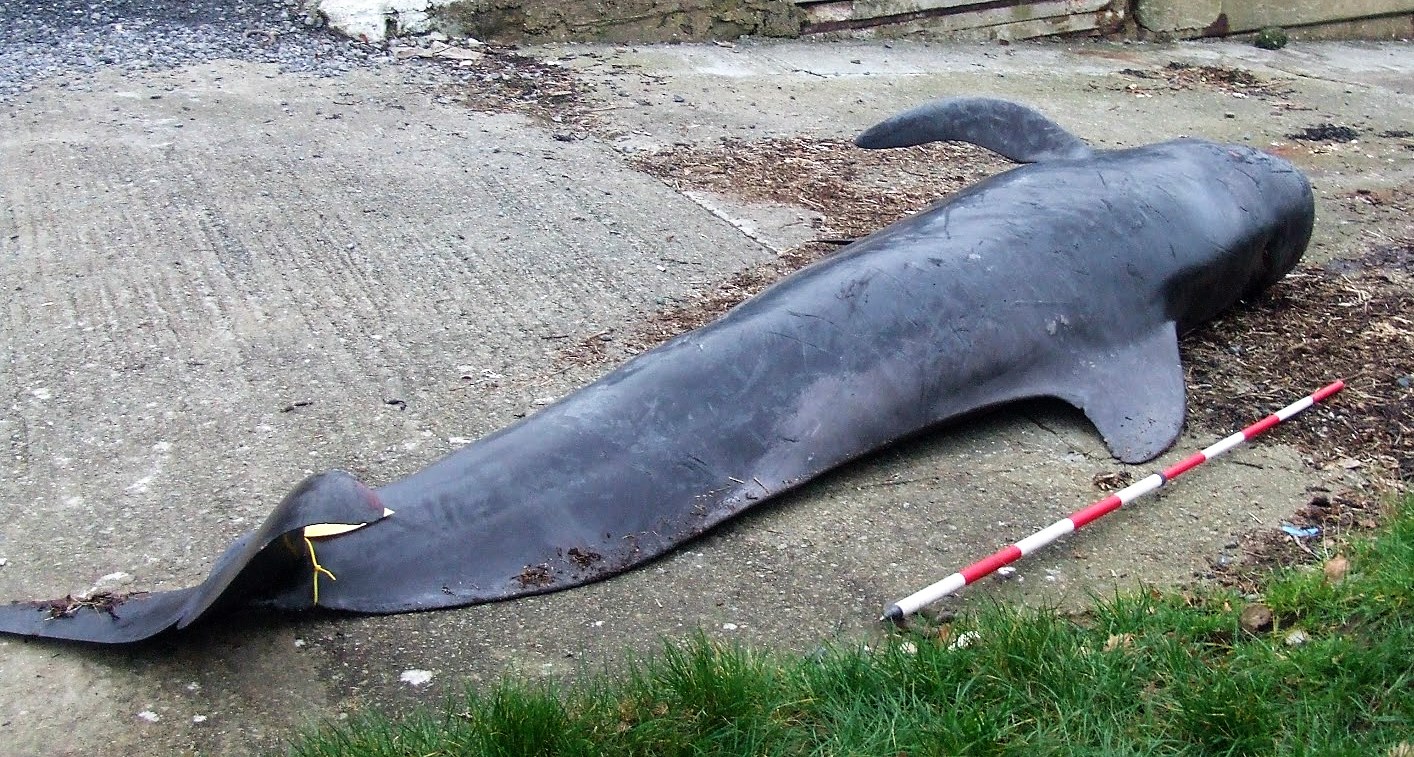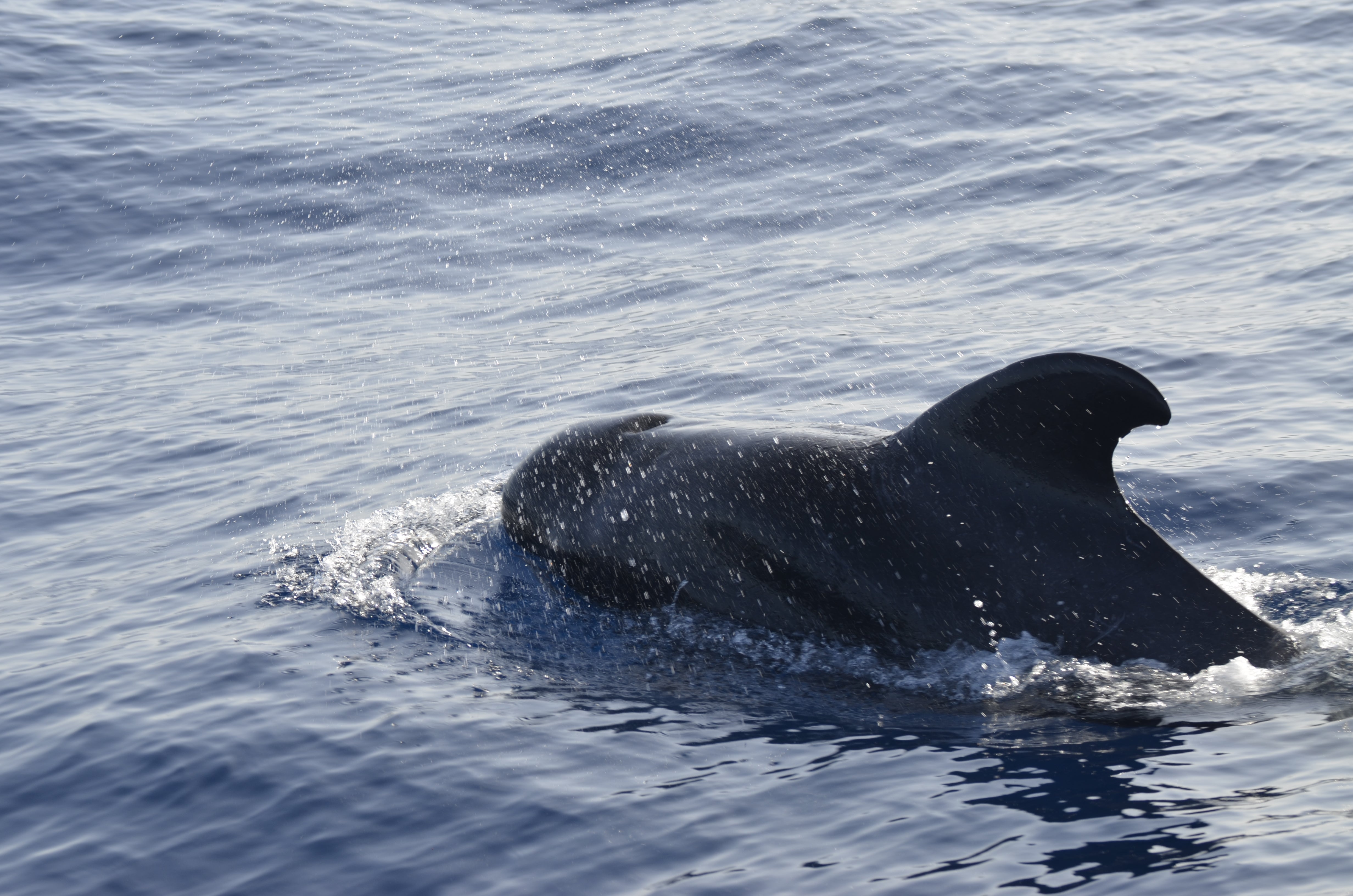What a whale stranded on UK coast 10 years ago tells us about the climate crisis
The short-finned pilot whale is more frequently found in tropical to warm temperate seas

A whale stranded on the Pembrokeshire coast more than a decade ago has been identified as a breed usually found in warm or tropical seas – and researchers say it is troubling evidence of how the climate crisis is affecting ocean life.
The whale stranded at Hazelbeach near Neyland on March 1, 2012 is the first short-finned pilot whale ever to be found in British waters.
This type of whale is more frequently found in tropical to warm temperate seas and is not normally encountered in Europe north of the Bay of Biscay.

Researchers said its discovery in UK waters adds to the growing evidence of a clear trend of cetacean life being affected by climate change. It was examined by the Defra and Welsh Government-funded Cetacean Strandings Investigation Programme (CSIP) and was initially identified as a long-finned pilot whale, Globicephala melas, which are commonly found in British waters and strand frequently.
However, fresh analysis of features of its skull and teeth, described by scientists in a newly published article in the journal Mammal Communications, confirmed it was in fact a short-finned pilot whale, the first found in British waters.
Rob Deaville of the Institute of Zoology in London, where CSIP is based, was part of the team involved in the 2012 examination.
He said: “The identification of this short-finned pilot whale in UK waters adds to the growing evidence of a clear trend of cetacean life being affected by climate change, part of a wider impact across our seas and oceans.“
Short-finned pilot whales and long-finned pilot whales are similar and difficult to distinguish externally at sea.
Dr Andrew Kitchener, principal curator of vertebrates at National Museums Scotland, where the whale’s skull is now held, said: “This is one of a growing number of examples in our collection going back to the 1980s of what we would normally think of as warm-water species being found for the first time in British waters.
“Others include striped dolphins, pygmy sperm whales and a Fraser’s dolphin.
“It’s important to develop our understanding of changing marine populations and their distributions, and the existence of collections and research facilities such as ours are crucial to building that understanding over time.
“This discovery means that we can no longer assume that every stranded pilot whale in Britain is a long-finned pilot whale.”



Join our commenting forum
Join thought-provoking conversations, follow other Independent readers and see their replies
Comments